Verdens største og mest detaljerede samling af risikovurderinger lanceres på dansk fødevaremesse.
I dag frigiver vi NEPCon Sourcing Hub, den største og mest detaljerede samling af skovrelaterede risikovurderinger, der nogensinde er blevet offentliggjort.
(fortsætter på engelsk)
[For other languages, see below]
The Sourcing Hub helps companies meet due diligence requirements of market regulation such as the EU Timber Regulation. The Hub contains assessments of the risks of illegal timber production and trade in 62 countries, covering 87% of global timber production [3].
While most data is available for timber, the Sourcing Hub also contains risk assessments for palm oil, soy and beef that address environmental, social and legality risks in 10 countries. The risk assessments cover 82% of global palm oil production [4].
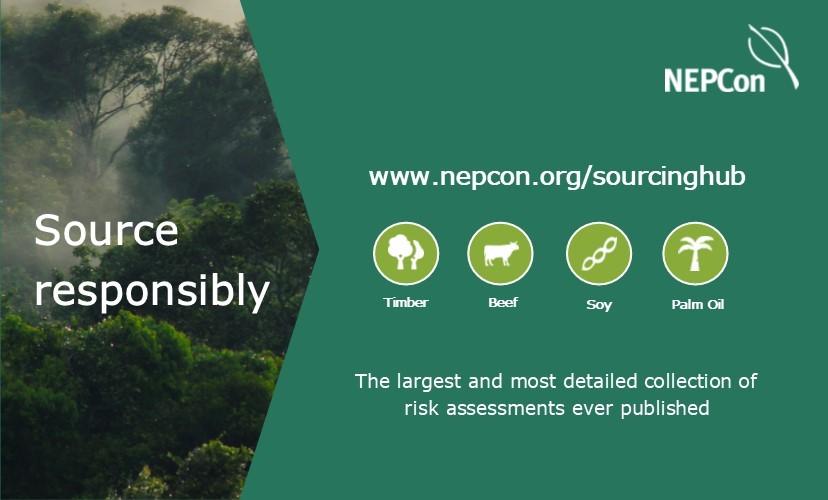
Our risk assessments are:
- Detailed. We identify all legislation applicable to harvesting, transport and trade in each country, divided up into 21 different areas of law that are applicable to the EU Timber Regulation. We also list the documents that are legally required for harvesting, transport and trade in each country, such as harvest permits, transport permits and business licences. For some countries, we also translate the most common legally-required documents to show where to find the key information that companies need to know. (For example, see our China document guide.)
- Free. All information on the Sourcing Hub is free for anyone to use and to download.
- Easy-to-use. The information behind the Sourcing Hub runs to thousands of pages, but we have collated the information into an easy-to-use website that provides summary information of the key risks and mitigation actions for each country. (For example, see our China summary.)
- Conclusive. For each of the 21 areas of law, we make a conclusion whether there is a low risk that the law is breached, or a non-low risk (which we call a 'specified' risk). This helps companies focus their due diligence efforts where they are most needed.
- Granular. Where the risks of illegality vary for different types of forest, we give a separate risk conclusion. For example, if timber from one geographical area of a country has fewer risks than another, or if timber from plantations has fewer risks than timber from natural forests, we identify this. Again, this helps companies focus their due diligence efforts where they are most needed.
- Practical. Wherever we identify a risk, we provide suggestions of measures that can be used to mitigate it.
“We’ve designed the NEPCon Sourcing Hub to make it as simple as possible for companies to carry out the due diligence they’re required to do by the EU Timber Regulation,” said Alexandra Banks, Forest Legality Expert. “By helping companies source legal timber, the NEPCon Sourcing Hub will help the legal timber trade around the world prosper.”
Download our leaflet about the Sourcing Hub here.
We are holding free training workshops on the EU Timber Regulation and the NEPCon Sourcing Hub in 12 EU countries in the autumn, as part of our legality projects [5].
The NEPCon Sourcing Hub is funded by the European Commission; the UK Department for International Development; Danida, part of the Danish Ministry of Foreign Affairs; the Forest Stewardship CouncilTM; and NEPCon. Companies in the EU, US and Australia are required by law to minimise the risk of placing timber on the market that was illegal in its country of harvest [6]. This is important given that illegal logging is estimated to make up 15%-30% of the global timber trade [7].
This webpage is available in:
For further information or to arrange an interview, contact:
- Alexandra Banks, Forest Legality Expert, alb@nepcon.org, +61 432 993 987 (Australia)
- Christian Sloth, Forest Legality Expert, cs@nepcon.org, +45 3158 7981 (Denmark)
- Rosie Sharpe, Communications Team, ros@nepcon.org, +45 20 94 88 24 (Denmark)
Notes
[1] NEPCon (Nature Economy and People Connected) is an international non-profit organisation that builds commitment and capacity for mainstreaming sustainability.
[2] The NEPCon Sourcing Hub is available at www.nepcon.org/sourcinghub.
[3] Data from FAOSTAT for industrial roundwood production, in cubic metres, for the latest year for which figures are available (2016), http://www.fao.org/faostat/en/#data.
[4] The risk assessments cover 52% of global soybean production and 16% of global beef production. Data from FAOSTAT for production of palm oil, kernels and fruits, soybeans and beef and buffalo meat, in tonnes, for the latest year for which figures are available (2014), http://www.fao.org/faostat/en/#data.
[5] We are holding a free webinar and free one-day training workshops in Belgium, Denmark, Estonia, Germany, Hungary, Latvia, Lithuania, Netherlands, Poland, Portugal, Romania and Spain in September, October and November. See http://www.nepcon.org/newsroom/free-training-available-new-risk-assessments-and-tools-eu-timber-regulation-due-diligence and http://www.nepcon.org/events/webinar-nepcon-sourcing-hub-qa for dates and information.
[6] The EU Timber Regulation, the US Lacey Act and the Australian Illegal Logging Prevention Act require companies to carry out due diligence (or in the case of the Lacey Act, take ‘due care’) in order to minimise the chances of placing illegal timber onto the market.
[7] UN Environment Programme, The Environmental Crime Crisis, 2014, http://web.unep.org/unea1/docs/RRAcrimecrisis.pdf.

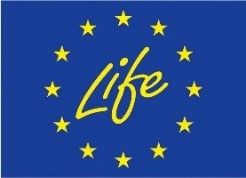
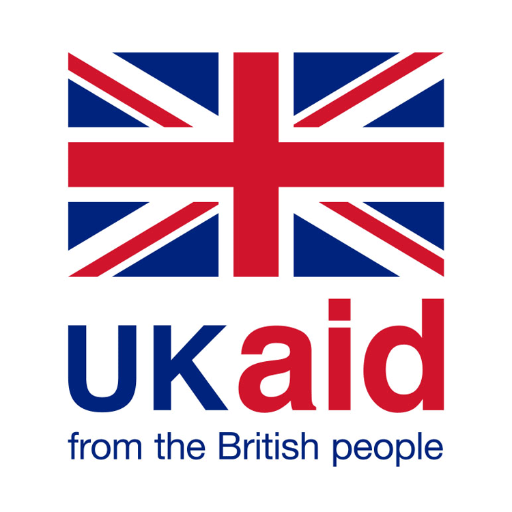
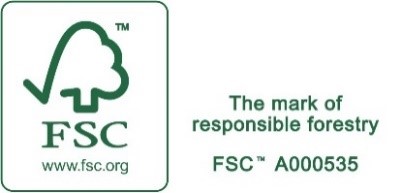
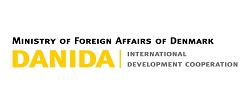
The European Commission’s support for the production of this publication does not constitute endorsement of the contents which reflects the views only of the authors, and the Commission cannot be held responsible for any use which may be made of the information contained therein.
This material has been funded by UK aid from the UK government; however the views expressed do not necessarily reflect the UK government’s official policies.
DANIDA, Ministry of Foreign Affairs of Denmark has supported the development of this material; however DANIDA is not responsible for any views or claims presented in this material.
The Forest Stewardship CouncilTM has supported the development of this material; however FSCTM is not responsible for any views or claims presented in this material.



![[Pressemeddelelse]: Projekt åbner for gratis eksperthjælp til danske virksomheder, der vil sikre sig ansvarlig palmeolie, soja og oksekød](https://d1q8ac9bjcfs4x.cloudfront.net/s3fs-public/styles/large/public/Oil-palm_10.jpg?itok=43H8Nx6v)